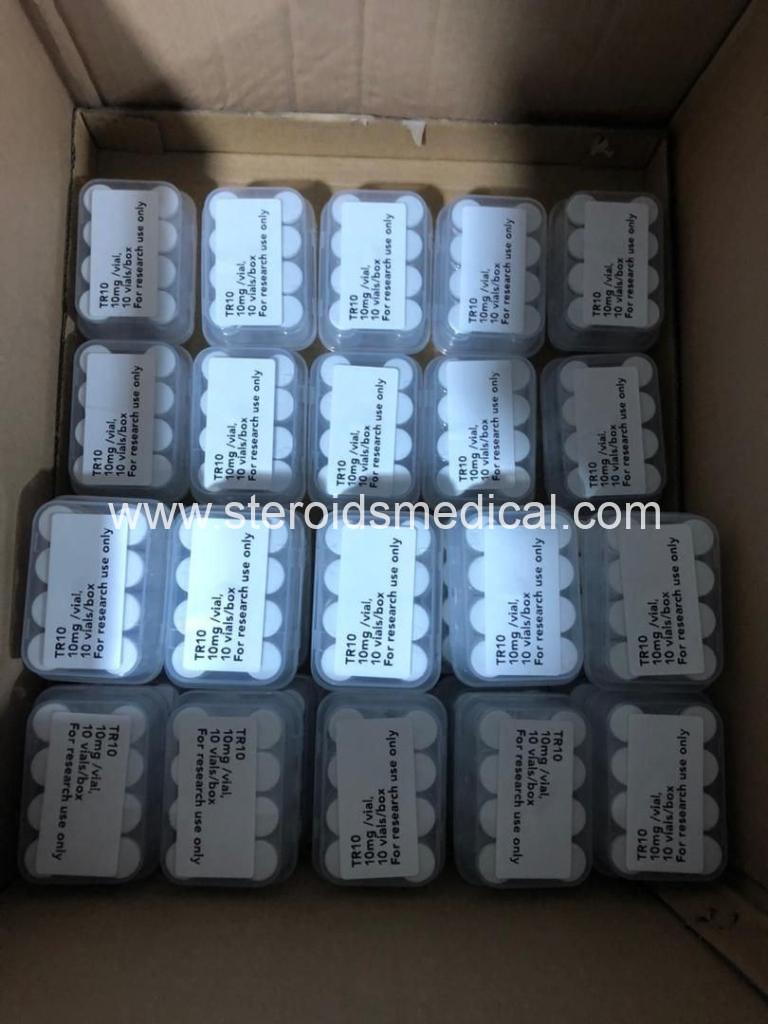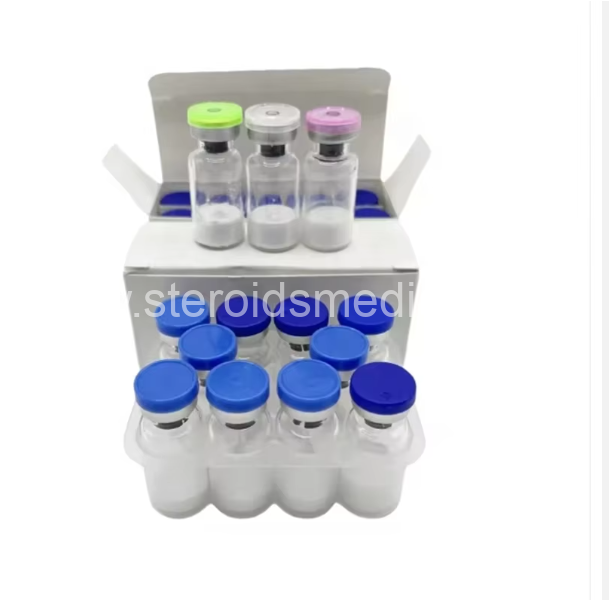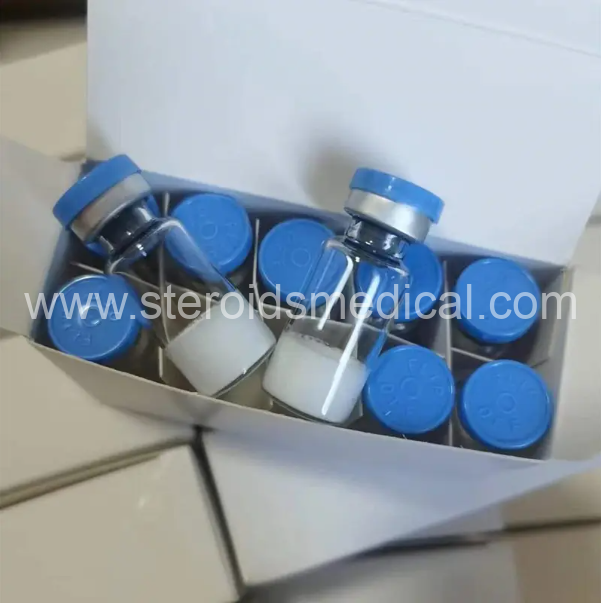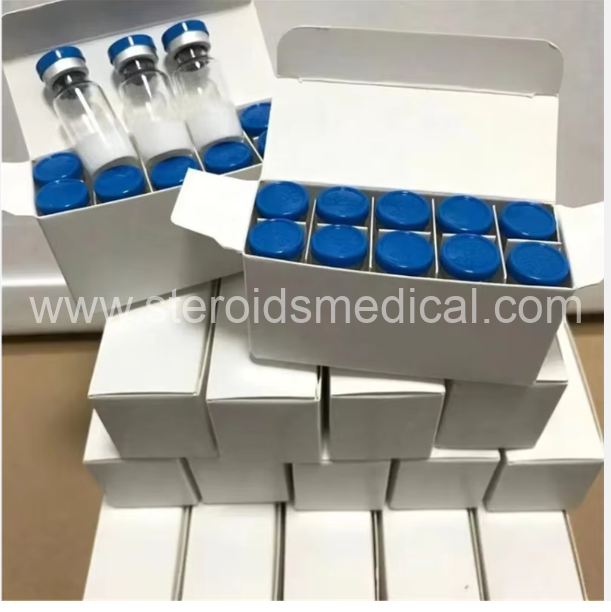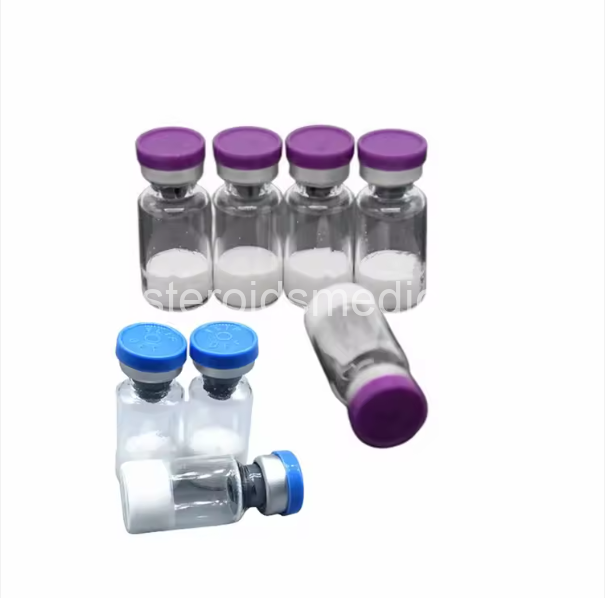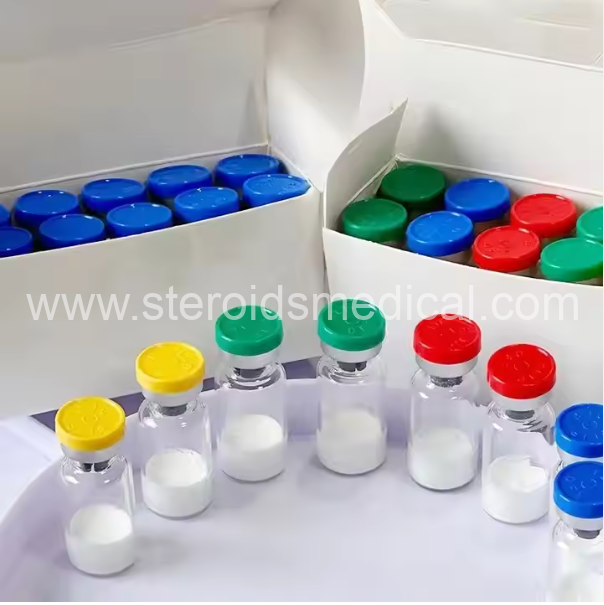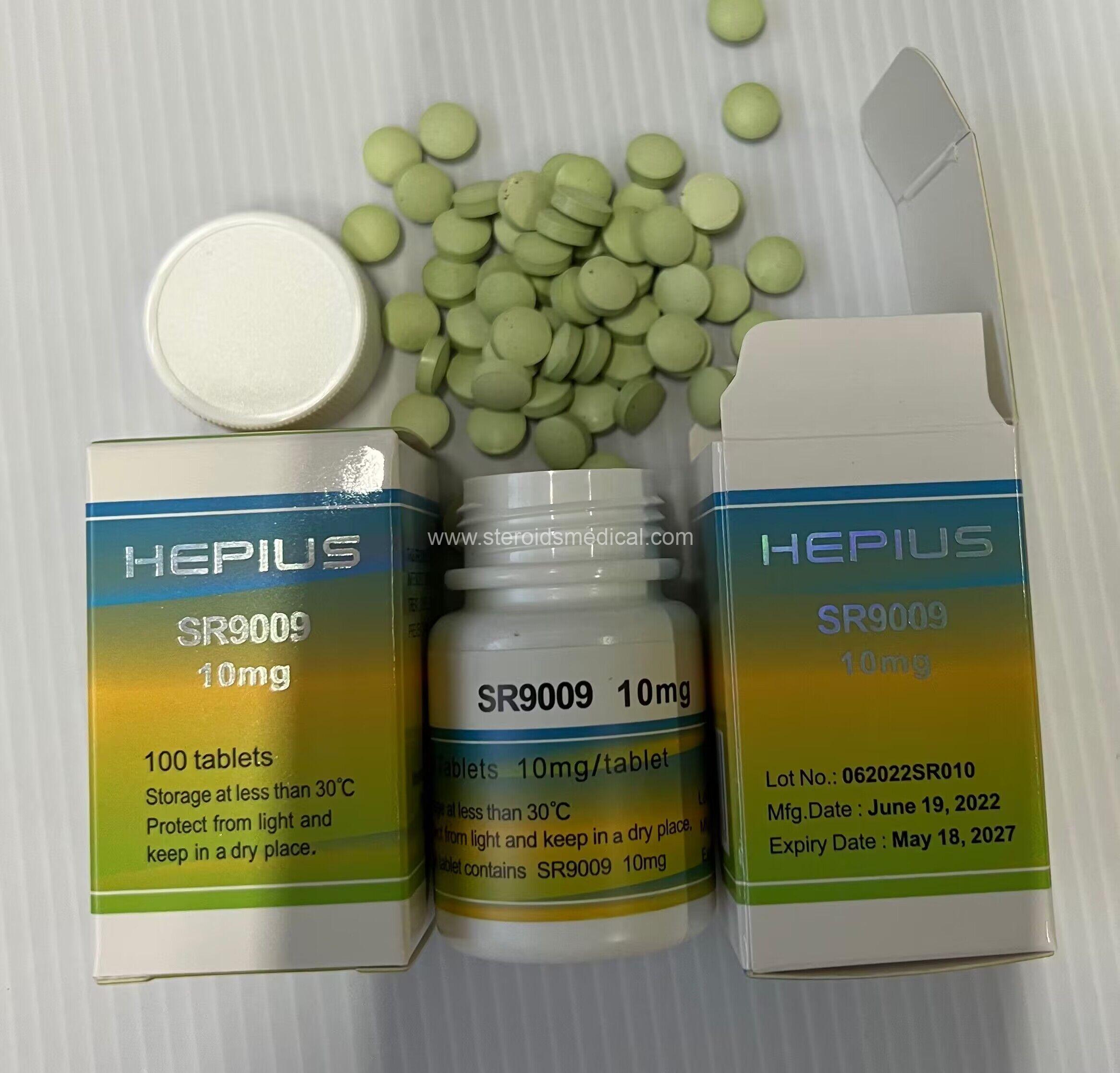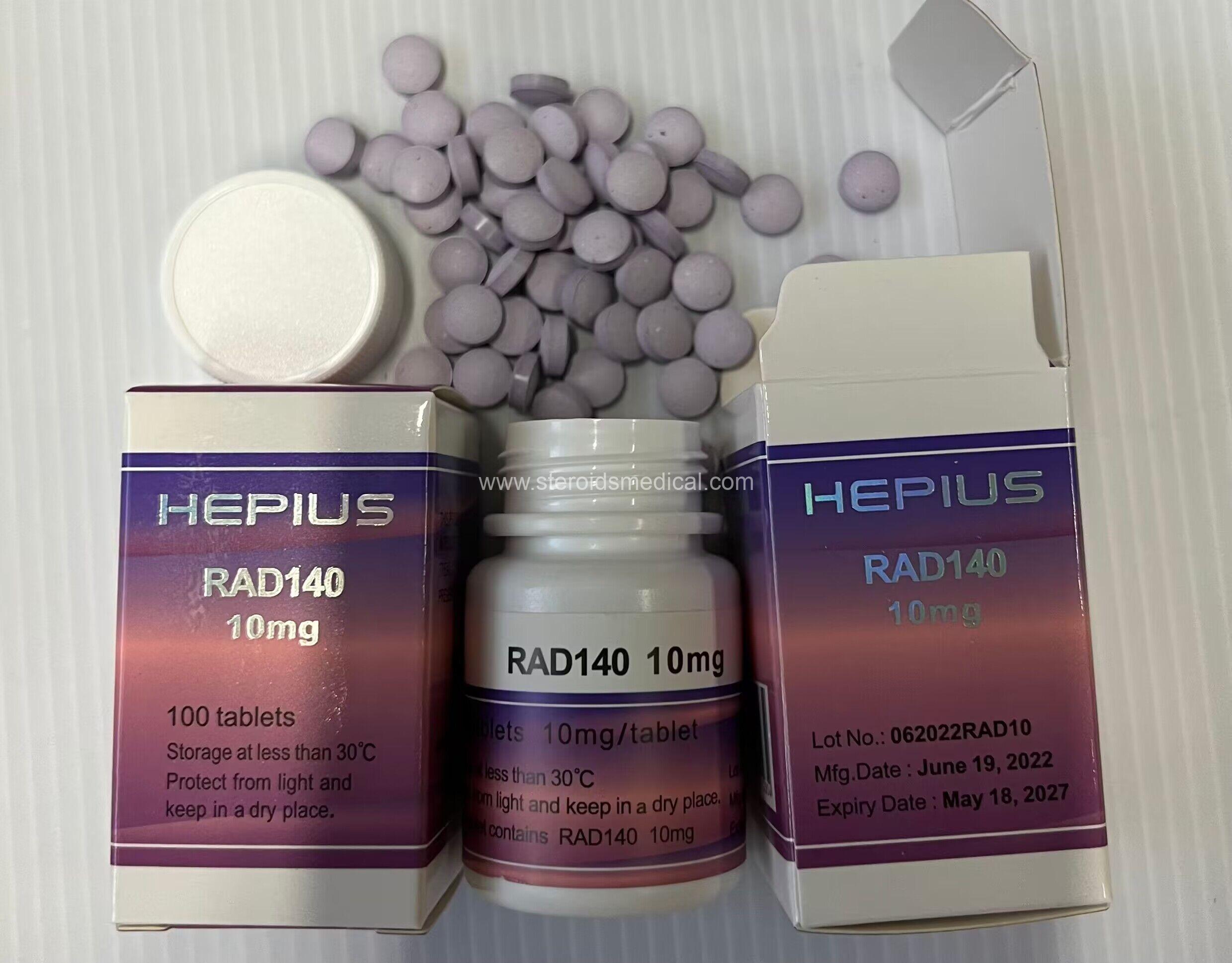Product description:
Tirzepatide is a novel injectable medication used for the treatment of type 2 diabetes mellitus. It belongs to a class of drugs known as GLP-1 receptor agonists, which work by mimicking the action of glucagon-like peptide-1 (GLP-1), a hormone that helps regulate blood sugar levels. Here’s an overview of tirzepatide, including its effects, usage, and considerations:
Effects of Tirzepatide
Blood Sugar Control: Tirzepatide helps lower blood sugar levels by stimulating insulin secretion in response to meals and inhibiting glucagon release, which reduces glucose production by the liver.
Weight Management: Tirzepatide is associated with weight loss in patients with type 2 diabetes. This effect is thought to be due to reduced appetite and slower gastric emptying.
Cardiovascular Benefits: Clinical studies have shown that tirzepatide may provide cardiovascular benefits, including reductions in blood pressure and improvements in lipid profiles.
Safety Profile: Tirzepatide has demonstrated a favorable safety profile in clinical trials, with common side effects including gastrointestinal symptoms such as nausea, vomiting, and diarrhea. These side effects tend to be mild to moderate and often diminish over time.
Once-Weekly Dosage: Tirzepatide is administered once weekly via subcutaneous injection, providing a convenient treatment option for patients.
Usage of Tirzepatide
Indications: Tirzepatide is approved for use in adults with type 2 diabetes mellitus to improve glycemic control. It is typically prescribed when other treatments, such as metformin or sulfonylureas, are not sufficient to manage blood sugar levels adequately.
Dosage: The starting dose of tirzepatide is usually titrated based on the patient’s response and tolerability. Healthcare providers may adjust the dosage to achieve optimal blood sugar control and minimize side effects.
Monitoring: Regular monitoring of blood sugar levels, as well as kidney and liver function tests, is recommended during tirzepatide therapy to ensure safety and efficacy.
Considerations
Contraindications: Tirzepatide should not be used in patients with a personal or family history of medullary thyroid carcinoma (MTC) or in patients with multiple endocrine neoplasia syndrome type 2 (MEN 2).
Special Populations: Safety and efficacy in pregnant or breastfeeding women, as well as pediatric patients, have not been established. Tirzepatide is typically not recommended in these populations unless specifically prescribed by a healthcare provider.
Drug Interactions: Patients should inform their healthcare provider about all medications, supplements, and herbal products they are taking, as tirzepatide may interact with certain medications.
Conclusion
Tirzepatide represents an innovative treatment option for patients with type 2 diabetes mellitus, offering effective blood sugar control, potential weight loss benefits, and cardiovascular advantages. It is important for patients to work closely with their healthcare provider to determine the appropriate dosage, monitor for side effects, and achieve optimal diabetes management goals.
Side effect
Tirzepatide, like any medication, may cause side effects in some individuals. Here are potential side effects associated with tirzepatide:
Gastrointestinal Symptoms: The most common side effects of tirzepatide are related to the gastrointestinal system. These can include nausea, vomiting, diarrhea, and abdominal pain. These symptoms are usually mild to moderate and often improve over time as the body adjusts to the medication.
Hypoglycemia: As tirzepatide lowers blood sugar levels, there is a risk of hypoglycemia (low blood sugar). Symptoms of hypoglycemia may include shakiness, sweating, dizziness, confusion, and hunger. Patients on tirzepatide should be educated on recognizing and managing hypoglycemia, especially if they are also taking other medications that lower blood sugar.
Injection Site Reactions: Some individuals may experience mild reactions at the injection site, such as pain, redness, or swelling. Proper injection techniques and rotating injection sites can help minimize these reactions.
Allergic Reactions: Although rare, allergic reactions to tirzepatide can occur. Symptoms may include rash, itching, swelling of the face or throat, and difficulty breathing. Immediate medical attention should be sought if any signs of a severe allergic reaction develop.
Pancreatitis: There have been reports of pancreatitis (inflammation of the pancreas) associated with GLP-1 receptor agonists, although the incidence with tirzepatide specifically appears to be low. Symptoms of pancreatitis may include severe abdominal pain that radiates to the back, nausea, and vomiting. Patients should be monitored for signs and symptoms of pancreatitis during treatment.
Thyroid Tumors: GLP-1 receptor agonists, including tirzepatide, have been associated with thyroid C-cell tumors in rodents. It is unclear if tirzepatide increases the risk of thyroid tumors in humans. Patients with a personal or family history of medullary thyroid carcinoma (MTC) or multiple endocrine neoplasia syndrome type 2 (MEN 2) should not use tirzepatide.
Kidney Function Changes: Some patients may experience changes in kidney function while taking tirzepatide. Healthcare providers may monitor kidney function through blood tests periodically during treatment.
Precautions and Considerations
- Patients should inform their healthcare provider about any existing medical conditions, allergies, and medications they are taking before starting tirzepatide.
- It is important to follow the prescribed dosage and administration instructions to minimize the risk of side effects.
- Regular monitoring by a healthcare provider is recommended to assess the effectiveness of treatment and monitor for any potential adverse effects.
- Patients should be educated on how to recognize and manage common side effects, such as hypoglycemia and gastrointestinal symptoms.
If you experience any severe or persistent side effects while taking tirzepatide, it is important to contact your healthcare provider promptly. They can provide guidance on managing side effects or adjust your treatment plan as needed to ensure your safety and well-being.
PS:
About products, If you have any other questions , please contact us at anywhere anytime.
You may chat online or send E-mail to us: steroidsmedical@protonmail.com
Thank you for your time!
 Domestic Pharmaceutical Co., Ltd.
Domestic Pharmaceutical Co., Ltd.

